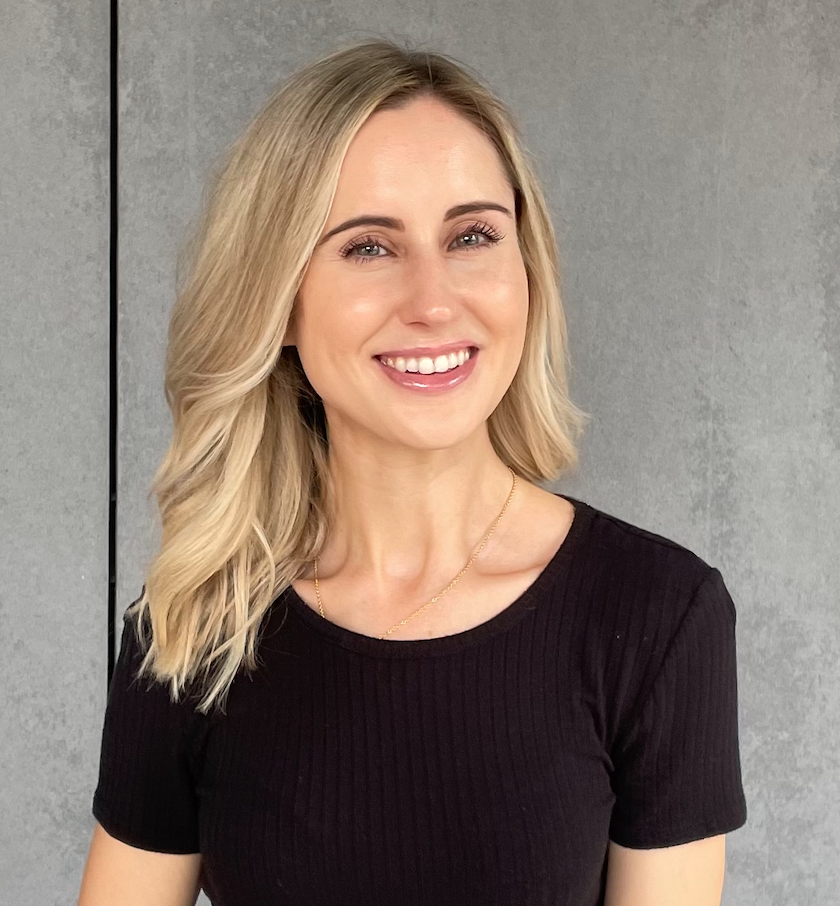What 8+ Years as a Therapist Taught Me to Unlearn
When I first became a therapist, I was eager to do everything right. I took in every bit of advice from supervisors and mentors, trying to show up as the best possible clinician for my clients. And while some of that guidance was incredibly helpful, other parts—over time—felt rigid, disconnected from real life, and at odds with my values.
After 8+ years in the field, I’ve not only developed my own therapeutic style but also come to realize how important it is to practice in a way that feels authentic and human. Here are a few things I was taught early on that I no longer believe:
1. Avoiding Places My Clients Go
In my first year, I found out that a client and I both liked going to the same restaurant on weekends. When I mentioned it to my supervisor, they advised that I stop going there—and avoid any public place my clients might frequent.
Looking back, I understand where that advice came from, but I’ve also learned how unrealistic and unsustainable it is, especially in a big city. More importantly, it blurred the line between healthy boundaries and self-erasure.
Today, I still prioritize protecting client confidentiality. If I were at a small dinner party and a client showed up unexpectedly, I might excuse myself. But if I’m at a coffee shop, a yoga class, or running errands and see a client, I don’t feel the need to rush out. I don’t approach them first (to respect their privacy), but if they say hello, I’m always happy to see them.
We’re all human. And I actually believe it can be powerful for clients to see that their therapist is a real person living a full life too. That, in itself, can be healing!
2. Never Sharing Anything Personal
I was trained to be a “blank slate” therapist—taught that if a client asked where I was going on vacation, I should respond with, “What would it mean to you to know that?”
While I understand the spirit behind that—focusing on the client’s needs over the therapist’s personal story—it always felt a little...forced.
Now, I approach self-disclosure with nuance. I don’t share everything, of course. But if a client asks a casual question and I feel comfortable answering, I do. It’s totally natural to be curious about someone you’re deeply opening up to, and I don’t believe we always need to pathologize that curiosity. As a relational therapist, I think there’s value in mutual respect, warmth, and authenticity. Sometimes a small bit of disclosure actually strengthens the therapeutic relationship.
3. Avoiding Social Media
There was a time when therapists were encouraged to stay off social media altogether. The idea was to remain neutral, anonymous, and unseen outside the therapy room.
But as a private practice therapist—and small business owner—I see social media as a valuable tool. It helps potential clients get a sense of who I am, how I work, and whether they might feel safe opening up with me.
There are risks and boundaries to consider, but I no longer believe that showing up online is inherently unprofessional. In fact, for many of us, it’s an extension of our work and how we build trust before someone even books a session.
4. Believing That Everything Has to Mean Something
Early in my training, I felt pressure to analyze everything a client said or did—to dig for deeper meaning in every word, every silence, every dream.
But over time, I’ve come to trust that not everything needs to be interpreted. Sometimes a story is just a story. Sometimes a feeling just is. The therapeutic process doesn't have to be about decoding everything—it can be about presence, validation, and space to feel what needs to be felt.
5. Relying Too Heavily on Labels
While diagnostic labels can be helpful for understanding patterns, getting insurance coverage, or accessing resources, they can also be limiting and even misleading. I used to feel pressure to fit people into neat diagnostic categories—but now, I know that real people are messy, complex, and don’t always fit neatly into a box.
I focus more on the person in front of me than the label on their chart. Because ultimately, therapy is about the human experience—not just the symptoms.
Closing Thoughts
Therapists are taught so many "shoulds" in the beginning. But some of the most meaningful parts of my growth have come from learning when to question those rules—and when to replace them with something more grounded, compassionate, and real.
The work we do is deeply human. And I believe that the more we allow ourselves to show up as whole, real people, the more we can offer that same permission to our clients.
Looking for a Women’s Therapist?
I specialize in working with high-functioning professionals and women navigating anxiety, relationships, attachment trauma, and major life transitions. I offer online therapy to clients throughout Texas.
📞 Schedule a free 15-minute consultation here. Let’s see if we’re the right fit!

